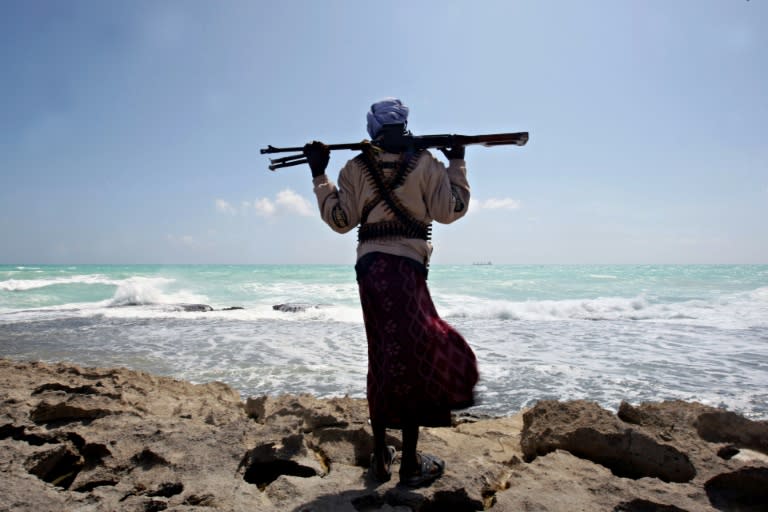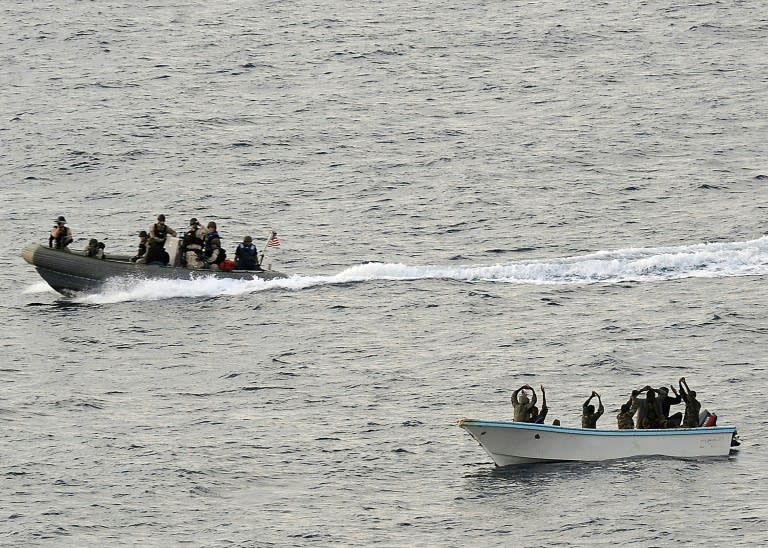Somali pirates suspected of staging first attack since 2012
Suspected pirates have boarded a tanker and forced its Sri Lankan crew to change course towards the northeastern Somali coast, in what could be the first such attack since 2012. "What we know for sure is that a small tanker has been attacked and has diverted course," John Steed, a former British army officer who heads the Horn of Africa section of the Oceans Beyond Piracy NGO, said Tuesday. "Whether this is a pirate attack needs to be confirmed. For example, we do not know what the demands of those men are. But this looks pretty much like the old piracy attack scenario," he said. The Aris 13, a ship run by a company based in the United Arab Emirates, was seized on Monday with eight Sri Lankan crew members on board. Earlier reports said the vessel was Sri Lankan-flagged, but the foreign ministry in Colombo denied the claim. "The ministry is taking action to verify the alleged incident, and initial enquiries have revealed that while the vessel involved is not registered under a Sri Lankan flag, it has an 8-member Sri Lankan crew," it said in a statement on Facebook. The vessel was carrying fuel from Djibouti to Mogadishu when it was hijacked. Its crew sent a distress signal on Monday afternoon, Steed said. - Search efforts under way - "Yesterday afternoon, the ship reported that it was followed by two skiffs. After that, it went silent and the owner of the ship was not able to get into contact," he said. A search for the Aris 13 was under way off the Somali coast on Tuesday. The ship was forced to dock near the town of Alula, in northeastern Somalia's semi-autonomous region of Puntland. "There has not been an attack of a commercial ship by Somali pirates since 2012," Steed said. Somali pirates began staging waves of attacks in 2005, seriously disrupting a major international shipping route. The epidemic, which in 2012 cost the global economy $5.7 billion to $6.1 billion (5.4 to 5.7 billion euros), prompted interventions by the United Nations, the European Union and NATO. Many commercial shippers began hiring private armed guards for their vessels. At the peak of the piracy crisis in January 2011, 736 hostages and 32 boats were held. Though anti-piracy measures ended attacks on commercial vessels, fishing boats have continued to face assaults.




